Writing a book can feel like both an exhilarating and exhausting journey, but what comes next after that final sentence is typed?
For many authors, it’s not about celebrating the milestone, but diving straight into the next project. In Craig Martelle’s case, the transition is seamless — He doesn’t pause to reflect; He moves on to the next story, always keeping the momentum going, with the driving desire to bring readers more excellent books.
But between the pages of his books, you’ll find more than just a plot — there are Easter eggs for fans, nods to 80s movies and television, and even a few characters inspired by those who have shaped his life, including his fellow Marines.
Today we’ll take you behind the scenes of the creation of worlds like Starship Lost, where leadership and sacrifice intertwine. Whether you’re curious about Craig’s creative process or the deeper meanings woven into these interstellar adventures, we are very excited to offer a glimpse into the mind of a storyteller.
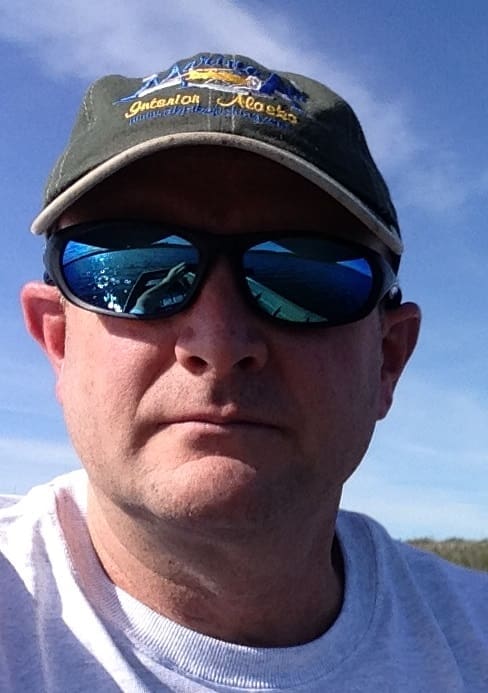
How do you celebrate when you finish writing a book?
I usually don’t. I start the next book, take care of some administrivia that I put off while writing the ending (that always goes faster and I’m hyper-focused on closing open loops).
Do you include Easter eggs in your books for fans to discover?
Always. 80s trivia from movies and television.
Have any of your friends or family inspired any of the characters in your books?
Occasionally, but it’s more often my fellow Marines who were all characters. Twenty years of service, I have enough characters for a lifetime.
If you could live in one of the worlds you’ve created, which would it be and why?
I like my Free Trader universe as it’s less violent than Battleship Leviathan and Starship Lost universes. Those are winner-take-all scenarios.
In Starship Lost, the protagonist faces enormous pressures both as a leader and a symbol of hope for her people. How did you approach creating a character with such a weighty legacy and responsibility?
People don’t always see the burdens of leadership. Being in charge means working harder than everyone else, carrying the pain and anguish of everyone in their charge so they aren’t distracted from doing what needs to be done.
The universe of Starship Lost is rich with interstellar politics and warfare. Can you share how you developed the political and social structures of the Borwyn and Malibor civilizations?
I wanted the classic good versus evil. A totalitarian structure rife with paranoia about losing power and a group that was more like family with a matriarch instead of a dictator. She cared for her people first. The Malibor cared for themselves first. The diametrically opposed styles created the weakness that the Borwyn exploited to defeat them in the end.
As Starship Lost progresses, the stakes get increasingly higher. How do you keep the series escalating without losing touch with the story’s roots?
I kept the six books on track because I planned them all from the outset before writing the first book. Each story is a contained slice of the bigger pie. The stakes had to increase as each side lost people and capabilities while also splitting their focus to attack the enemy on multiple fronts. Captain Jaq Hunter had her unwavering goal – restore the home planet to the Borwyn. She wouldn’t stop until they set foot on their ancestral home.
Do you see potential spin-offs or further extensions of this universe?
I see a short series about reestablishing order on their home planet and implementing the changes to rebuild their collective civilizations.
What has been the most surprising or interesting feedback from readers about the Starship Lost series?
Nothing in particular. I’m pleased that people liked it, especially those who saw the deeper meaning I embed in my stories.
In creating the world of Starship Lost, did you draw from any specific historical events or literary influences?
The diaspora was a hugely influential event for this story. People of faith returning to their home after getting driven away by militarily superior forces until they became a force to be reckoned with. At that point, there was no force on the planet that would stop them. Never again. Victory or death.
Which character from your books would you most like to spend a day with, and why?
That’s a great and tough question. I already spend so much time with these characters that I know them inside and out. Which ones would be the most fun to hang out with? Probably my Ian Bragg, a hitman with a conscience.
Have readers ever influenced how you wrote a character or storyline?
What a nightmare! I had a beta reader once who lambasted a book saying that a co-primary character had been relegated to insignificance. I didn’t give her as much prime time as I could have, so I made the next book about her in a race to save her husband. It was one of my most poorly received books, but it satisfied that beta reader. Then the next book, that guy gave me another one star and griped about something else. I cut him from the team after that. So yes, I listen to my readers, but with a weather eye and no longer change entire books to satisfy one person. Never play to the 1% – play to the 99%.
What’s your go-to snack or drink while writing?
Coffee. I don’t like eating while writing, not snacks or entrees or side dishes. I generally can’t listen to music, either but I can drink coffee or water or sparkling water.
Which of your books or characters would you recommend as a starting point for new readers?
This all depends. If you like young adult science fiction, then my Free Trader of Warren Deep (Free Trader 1) is the right place to start. If you like military science fiction, then Glory is the right place to go. If you like military science fiction entwined with space opera, then Battleship Leviathan is the right (and my most popular) book. If you like thrillers/action adventure, I have a limited selection, but The Operator (Ian Bragg 1) is a great read.
Have any real-life locations inspired the settings in your books?
I use real-life locations in many of my books. Two post-apocalyptic series, End Times Alaska and Defiant are both set in my home town of Fairbanks, Alaska. For Ian Bragg, I put him in many places I’ve been, same with Rick Banik. There’s nothing like a real-life setting taken from personal experience to add those touches that only people who have been there can relate to.
Are there any elements in your books drawn from personal experiences?
Almost all of my books have personal experiences thrown in – nearly 200 stories with elements from my life. Mostly, it’s snippets from my twenty years in the Marine Corps. There were so many characters that I dealt with throughout my service that I have an endless supply of anecdotes to draw from. After that, it was over seven years of business consulting for elements of leadership to instill to make the characters more relatable and more likeable.
What’s your favorite part of hearing from readers?
That is very simple. That they were entertained and can’t wait for the next book. I like validation of the stories.
Which book of yours has the most unexpected ending?
My recent Glory spin-off story. After I’d written the whole book, I went back to check something and found that the entire premise of the book was based on my faulty memory. I’d interposed one character for another at the outset and then blended them together by the end. Oops. Had to do a quick shuffle at the end to avoid rewriting the entire book. And the shuffle was a huge winner with the readers.
Have you ever snuck a favorite quote or line from another book into your own work?
Caught me. I do this a lot, probably more than others because I have so many different series with captains, leaders, protagonists who have similar traits. Hope is a lousy plan is one I heard in the Marines. I’m sure readers will say that I might overuse it…
Is there a particular scene in one of your books that was especially fun (or hard) to write?
In Blockade, my very highest rated book, I had to infiltrate groups of warriors onto seven different ships simultaneously by being tossed through space. That transit and the subsequent unique ways to board each enemy vessel was mind bending. I had a white board and a spreadsheet to keep track. But the fans loved it.
Do you have a favorite non-human character from your stories?
The Golden Warrior. He’s an orange cat, oversized like a Serval, but telepathic so he talks to the human and other characters, usually in the most condescending way.
If one of your books had a soundtrack, what songs would be on it?
My Metal Legion series has a constant flow of heavy metal songs playing, but they are metal from the ‘80s and ‘90s. My Ian Bragg series always has songs from Rush. Those soundtracks are easy because I mention which song is playing (only the title – no lyrics can be used because of copyright restrictions).
How do you name your characters?
That could be the hardest thing an author has to do. I have a compiled list of some 50,000 baby names from languages across the planet. I also grab names of supporting staff from the credits in which show I might be watching.
What’s your proudest moment as an author?
When strangers recognize who I was in public from my books.
How do you choose which story idea to pursue next?
I have a huge business side to me, so I try to write the next book that will be lucrative. I am hesitant to write a spin-off or sequel in a series that’s not selling well, but I will always finish a series. I think I have over 20 series that have been completed. But they might only get three books instead of nine. This is what I do for a living so it’s important to put out books that sell.
Have you ever dreamed about one of your characters or stories?
This has been my key to writing. When I’m into my current book, I always dream about the characters and the plot. I know what’s happening and how the characters interact because I’ve already seen it.
If you could bring one fictional object from your books into the real world, what would it be?
I like the shoulder-fired railguns that I have my people carry in a number of different series. That would be a cool piece of gear but I expect it would be deafening, too, because you can’t dampen the sharp crack of something breaking the sound barrier, at least not intra-atmospheric.
Do you write your books with a particular kind of reader in mind?
I always have the reader in mind. Inquisitive, a bit older, relaxing to read. My readers don’t need the massive adrenaline rush of constant action. I can’t write that way, either. My heart won’t stand it.
What’s one genre you’d love to try writing in, but haven’t yet?
LitRPG is enticing, but the challenge is that I’ve only read a few books in the genre. I know I could do it justice, but haven’t pulled the trigger. I fear that I’ve waited too long to dive into it, too. Need to look ahead for the next thing.
What’s your favorite review you’ve ever received?
I had one lady tell me that she was in hospice and stayed alive because she had to know what happened in my next story. So I sent it to her while it was still in editing so she would know before the end came.
What’s the best compliment you’ve received about your writing?
“Well written.” I strive to write stories that are both easy to read while being sufficiently complex to entertain different levels of readers. When I can tell a story properly, they are ready and willing to get the next book. That keeps me writing.
Do you see yourself in any of the characters you’ve created?
I see myself in all my characters, even the antagonists. I think that’s what makes my antagonists relatable. They do good things for the wrong reasons and their motivations are sound, but then the draw of power is too great and they lose themselves. Maybe they try to recover later. Empathy usually isn’t a trait of evil characters which is why I don’t usually use truly evil. Everyone can hate them, and it’s too simple.
Get Craig Martelle’s bestseller, Starship Lost, available on Amazon
Forced to choose between loyalty and love…
Lost in space for a generation, they return to reclaim their homeworld.
The ship survived, but over time the original crew died out. Their children were left to continue the fight for their home against their sworn enemy, the vicious alien Malibor.
They’ve lived their whole lives in space. Their idea of heaven is open air, blue skies, and the quiet of peace. But they’ll never have that if they don’t take it by force.
The time has come for Captain Jaq Hunter and Commander Crip Castle to lead this new generation against the Malibor and reclaim what should be theirs.
The crew returns to fulfill their destiny and honor their parents’ legacy.
The battle is joined.

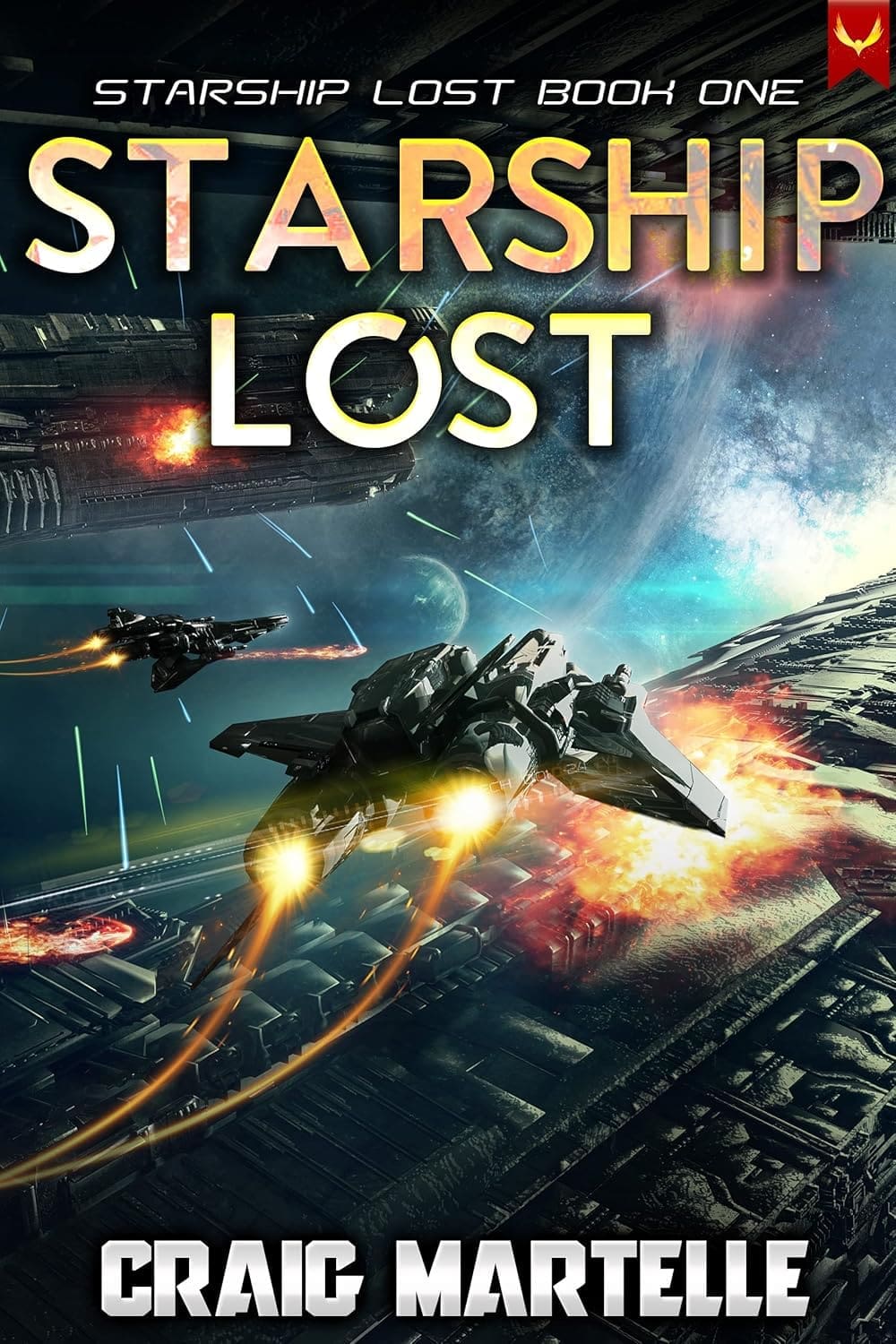
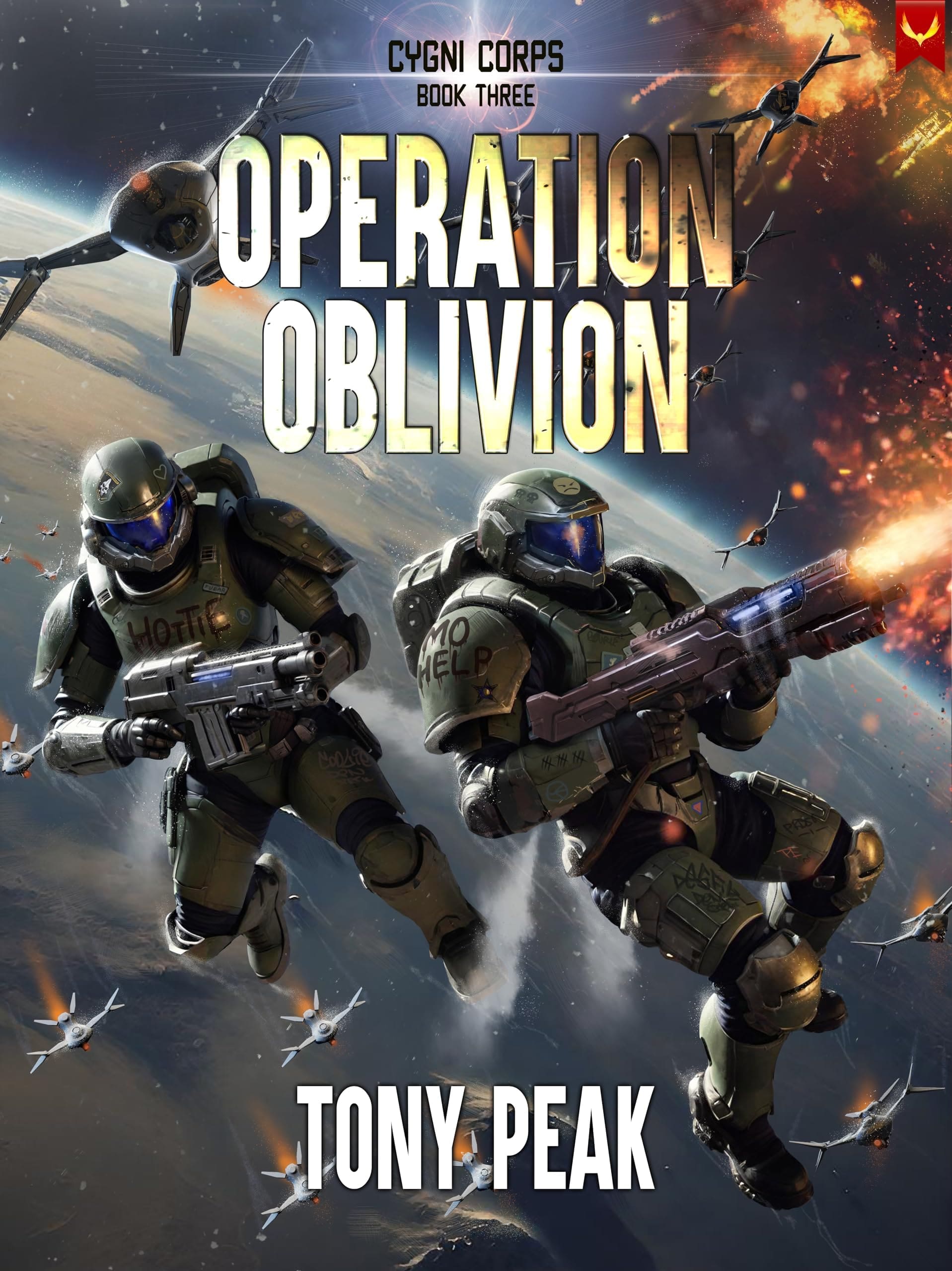
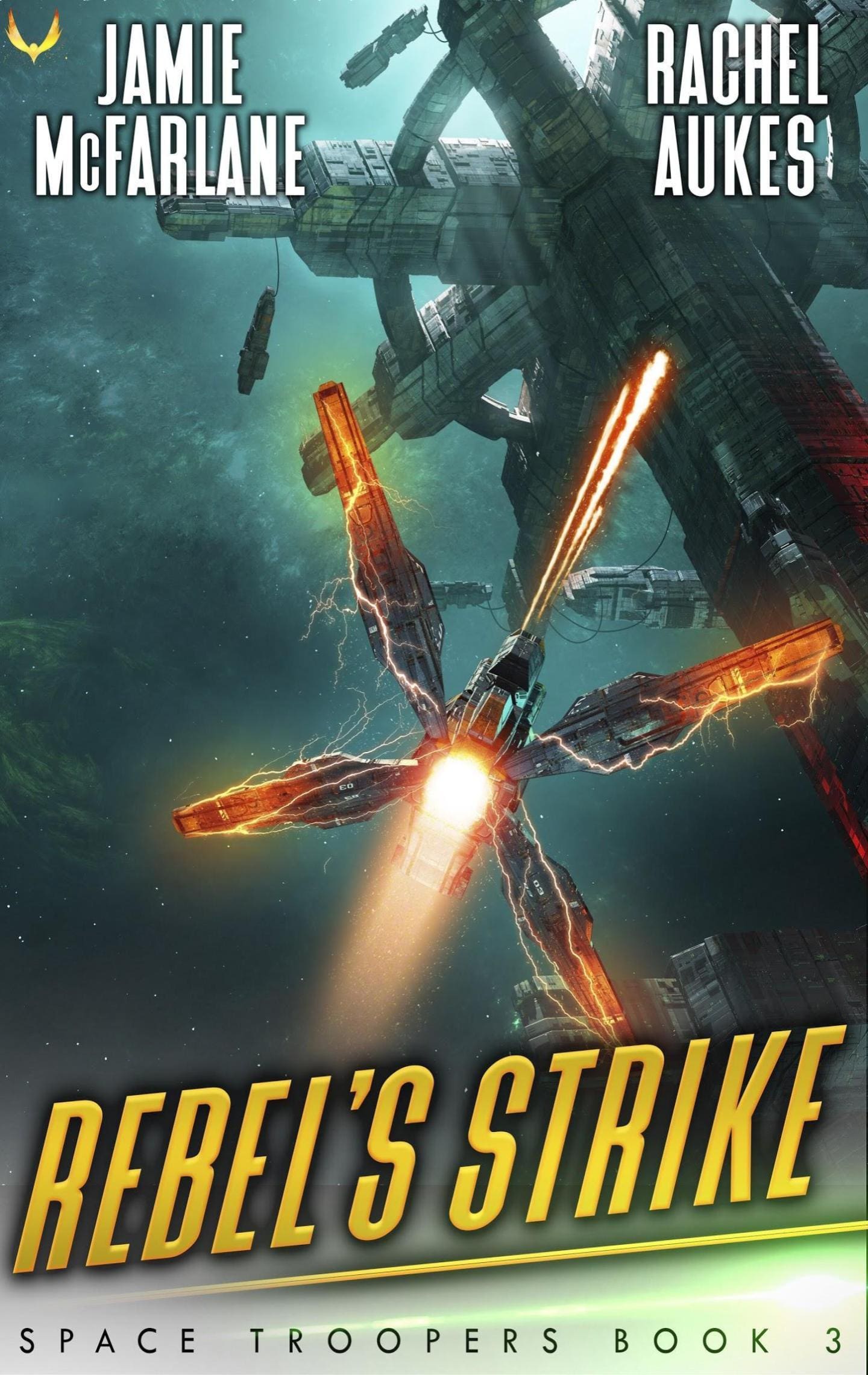
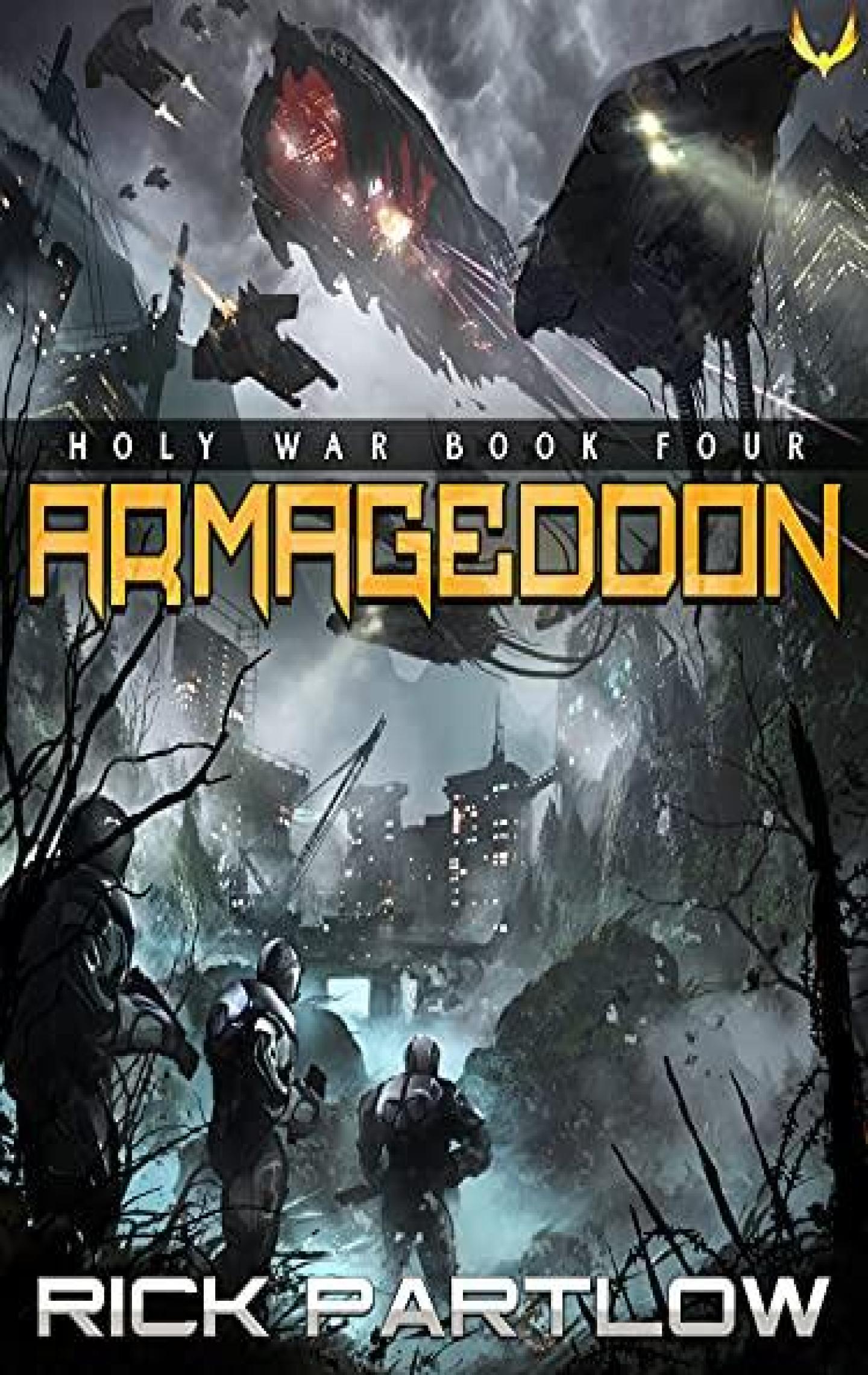
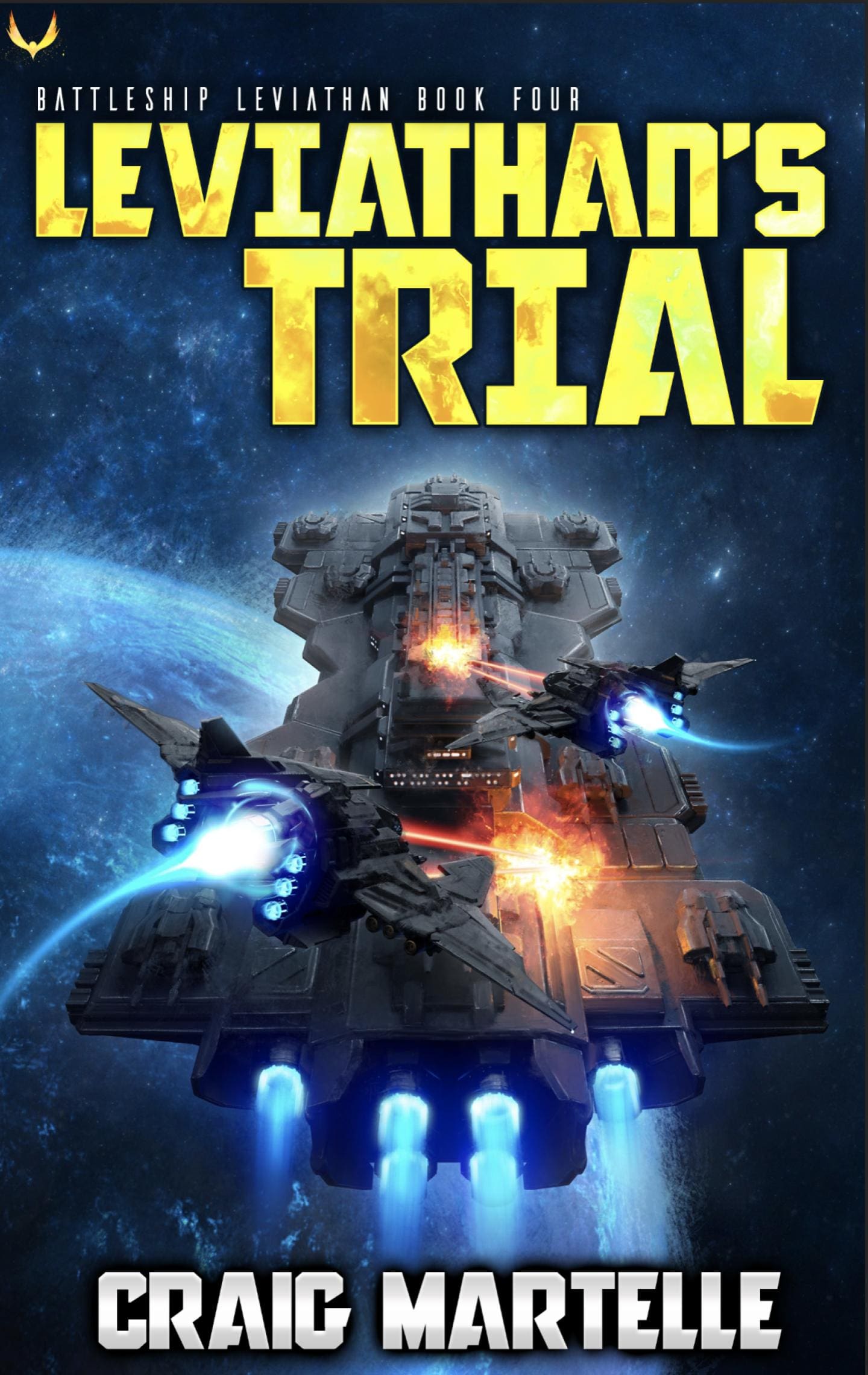
On book 3 of starship lost outstanding reading
Been hooked since book one job well done
Mark [Noload] Nothelfer VMFP3 Phantom Recon
Semper Fi